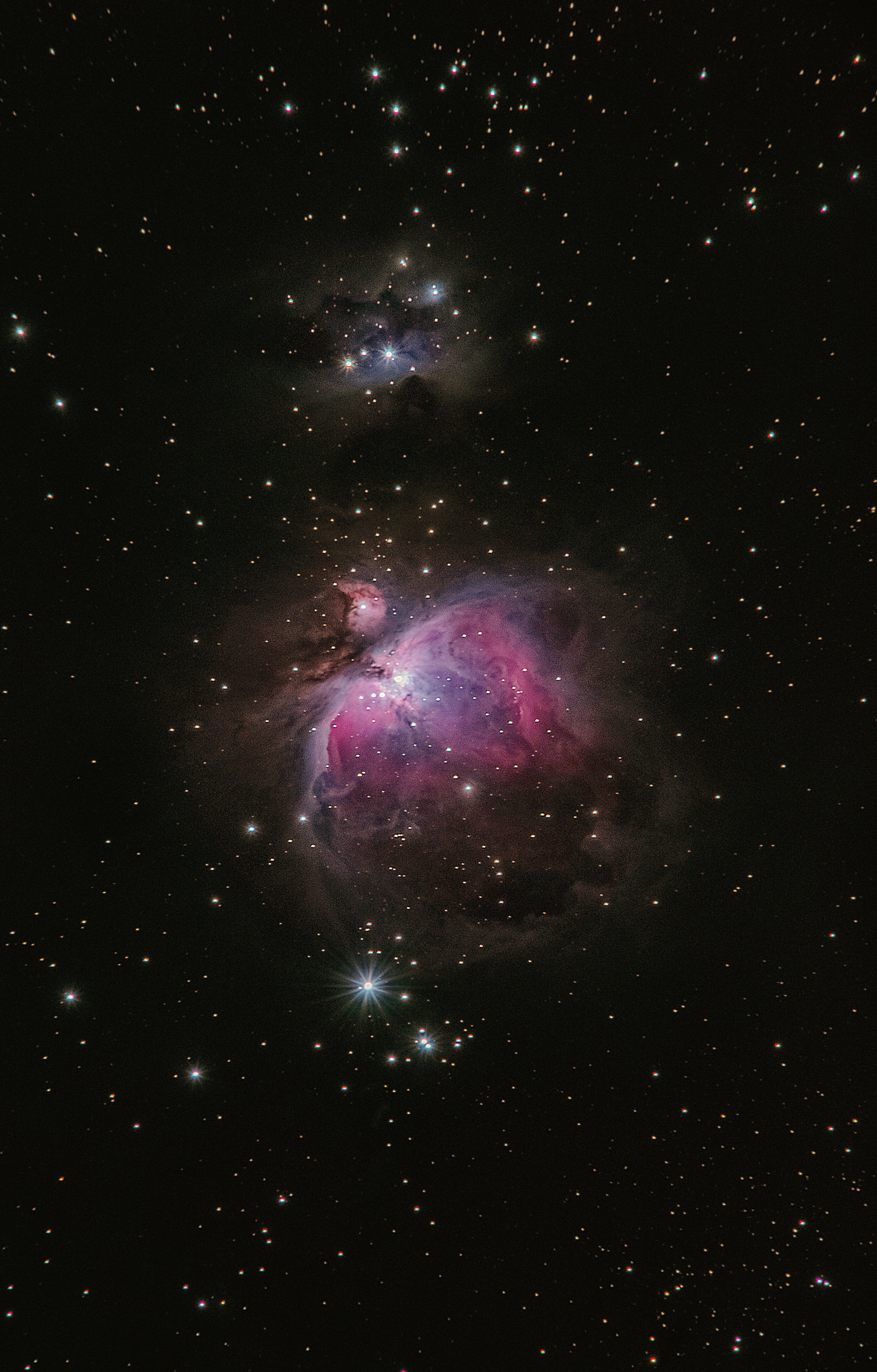Climate authorities announce plans for national appraisal following Trump's dismissal of report's authors.
Two leading scientific societies step up to fill the climate report void
Frustrated by the Trump administration's dismissal of climate scientists working on a critical federal report, the American Meteorological Society (AMS) and the American Geophysical Union (AGU) have decided to take matters into their own hands. The government's science-based report on the impacts of climate change in the U.S., scheduled for release in 2027, is now in question due to president Trump's White House reevaluation of the report.
This National Climate Assessment, happening every four to five years, is mandated by a 1990 federal law. Preliminary budget documents suggest that offices involved in coordinating this report might face funding cuts or elimination, worry scientists and activists.
AGU President, Brandon Jones, explained their move, "We're filling in a gap in the scientific process. It's more about ensuring that science continues."
The importance of the assessment lies in its projection of climate changes 25 to 100 years into the future. Katharine Hayhoe, a Texas Tech University climate scientist, points out, "With the assessment, we're better equipped to deal with the future. We can't be an ostrich and put our head in the sand and let it go."
Hayhoe, who has been a lead author of reports in 2009, 2018, and 2023, emphasizes the need for this knowledge to understand and adapt to harms resulting from climate change, both present, and future.
The national assessment focuses on the impacts of climate change at regional and local levels, unlike global United Nations documents. AGU and AMS hope to complete their version of this assessment in just one year.
This move by the two organizations serves as a testament to the importance of updated scientific research. The last climate assessment report, released in 2023, stated that climate change was causing harm to physical, mental, spiritual, and community health and well-being, increasing the frequency and intensity of extreme events, infectious diseases, and declines in food and water quality and security.
Yet, Donald Wuebbles, a University of Illinois climate scientist, expresses concern about the type of document this administration might issue, if any. He fears it might be "science based, but it will be pretty crappy." But Wuebbles asserts that the message about the importance of climate change won't be hidden, as the scientific societies' efforts to fill the void will be a statement of the scientific community, and, ultimately, "science is about data and observations."
Storms and wildfires, Hayhoe reminds us, affect everyone regardless of political affiliation. "Climate change affects us all. It doesn't matter how we vote."
Additional Insights:
- The Trump administration appears to be skeptical about the scientific consensus on climate change, as evidenced by their attempts to reevaluate and potentially alter the National Climate Assessment.
- The American Meteorological Society (AMS) and the American Geophysical Union (AGU) are working to produce peer-reviewed research documents that assess the current and future national impacts of climate change, given the uncertain future of the government's report.
- The significance of the national assessment lies in its comprehensive focus on regional and local impacts of climate change, making it more useful for communities and local governments.
- The report from the last assessment, released in 2023, highlighted the detrimental effects of climate change on various aspects of health, safety, and quality of life, emphasizing the need for urgent action.
- Despite national policy-and-legislation concerns, two leading scientific societies, the American Meteorological Society (AMS) and the American Geophysical Union (AGU), are installing efforts to produce peer-reviewed national events related to climate change.
- The Trump administration's worries about the scientific consensus on climate change are evident in their efforts to reevaluate the National Climate Assessment, causing concerns among scientists and activists.
- In response to dismissals of climate scientists, AGU President Brandon Jones asserts that the societies are filling in a gap in the scientific process to ensure that science continues.
- Scientists like Donald Wuebbles worry that the administration's potential alterations to the National Climate Assessment might result in a 'crappy' document that lacks the scientific rigor necessary for policy-and-legislation decisions.
- Climate-change impacts, such as storms and wildfires, affect everyone, regardless of political affiliation, as noted by climate scientist Katharine Hayhoe.
- The last National Climate Assessment report, released in 2023, underlined the numerous harms caused by climate change to health, food, and general-news areas, emphasizing the need for urgent action.
- The AGU and AMS aim to complete their version of the National Climate Assessment in a shorter timeframe than usual, within one year, to cater to the urgent need for scientific updates on climate-change impacts.
- The focus of the National Climate Assessment, unlike global United Nations documents, is on regional and local climate-change impacts of relevance to communities and local governments.
- While concerns persist about the administration's stance on climate-change science, the scientific societies' move to fill the void serves as a powerful statement highlighting the importance of environmental-science research for tackling issues like climate change.







